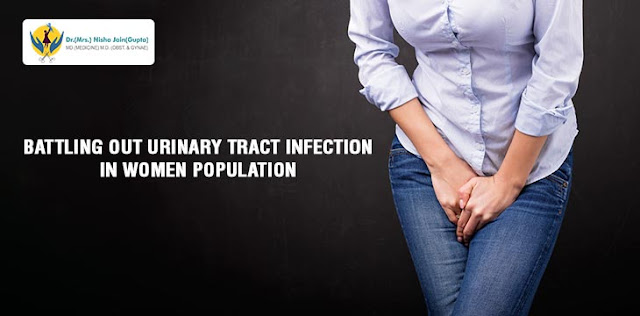Overcoming Depression : A Major Hurdle In Pregnancy
Motherhood is not reliable; it is a mission where you need to improve every day. So, it’s moderately tough to retain pace with this new-found status. With fertility comes joy, animation, baby baths, and the wonder of modern life. In some of the cases, pregnancy is clouded by depression, a condition that puts not only the mother at jeopardy but the child as a whole.
As per studies conducted around 10% of pregnant women around the world give birth to a child which is blended with ongoing activities of sadness, hopelessness, and anxiety, as well as reduced appetite and obstacles in relaxing.
How Depression Is Dealt With Pregnant Population?
Luckily, pregnant mothers need not suffer from this condition because depression can be improved during pregnancy, with psychotherapy and antidepressant medication. Throughout pregnancy, physicians try to put women off antidepressants unless they have severe depression or if they have a history of relapsing once the antidepressant is taken off from their scheduled routine. Optionally, other interferences, like psychotherapy, have proved out to be useful to help diminish the need for an antidepressant.
Cases Where Managing Is Risky
In certain cases, if the depression is so bad that the pregnant woman stops to eat and is gaining weight, for example, then it demands to be treated as aggressively and as soon as possible.
There are specific women who are at prospect for depression during pregnancy particularly those who have battled major bankruptcy in the past or who have undergone depression during a prior pregnancy. In such cases the risk correlated with the use of antidepressants during pregnancy is modest.
For mild or moderate depression, a physician would rather use psychotherapy or group therapy than antidepressants whereas for pregnant women with major depression, the risk of relapse following discontinuing antidepressant medication is higher than the risks postured by managing it with medicine.
An untreated crisis can conflict with a woman’s ability to care for herself, reduce nutrition, improve the use of tobacco, alcohol, and drugs, head to early labor and low birth-weight babies, and interfere with bonding feelings with an unborn child. Untreated significant depression throughout pregnancy may also create newborns to have a progressed sensitivity to stress.
The Situation Where Antidepressants & Psychotherapy Are Both Equally Safe
When the symptoms of depression permit psychotherapy as well as antidepressant medication, the good news is that some drugs can improve the treatment of depression with limited to no skepticism to an embryonic child. There is no indication to recommend that using antidepressants during pregnancy begins with a risk of natural defects, and that’s encouraging if we are using an antidepressant.
Instances Of Premature Labor
A matter associated with therapeutic treatment of depressed women during pregnancy is the potential & increased risk of untimely labor. A study of medical records revealed women treated with the antidepressant during pregnancy provided a greater risk of delivering babies early, before 36 weeks as per research work conducted by the American Journal of Psychiatry.
Breastfeeding Affairs
The ultimate area of interest comes when a mother gives childbirth and chooses to breastfeed her infant while on antidepressants. Here, the data is very promising. In cases of Breastfeeding, it has been continued to be thoroughly researched in terms of antidepressants and the consequences of analysis reveals that breastfeeding women shouldn’t be told they have to stop taking an antidepressant to breastfeed.
Reference
Complete your journey of motherhood by approaching Dr Nisha Jain the best gynecologist in Delhi .She has the expertise of handling many complex cases of anxiety and depression and has helped mothers to complete this journey with ease.




Comments
Post a Comment